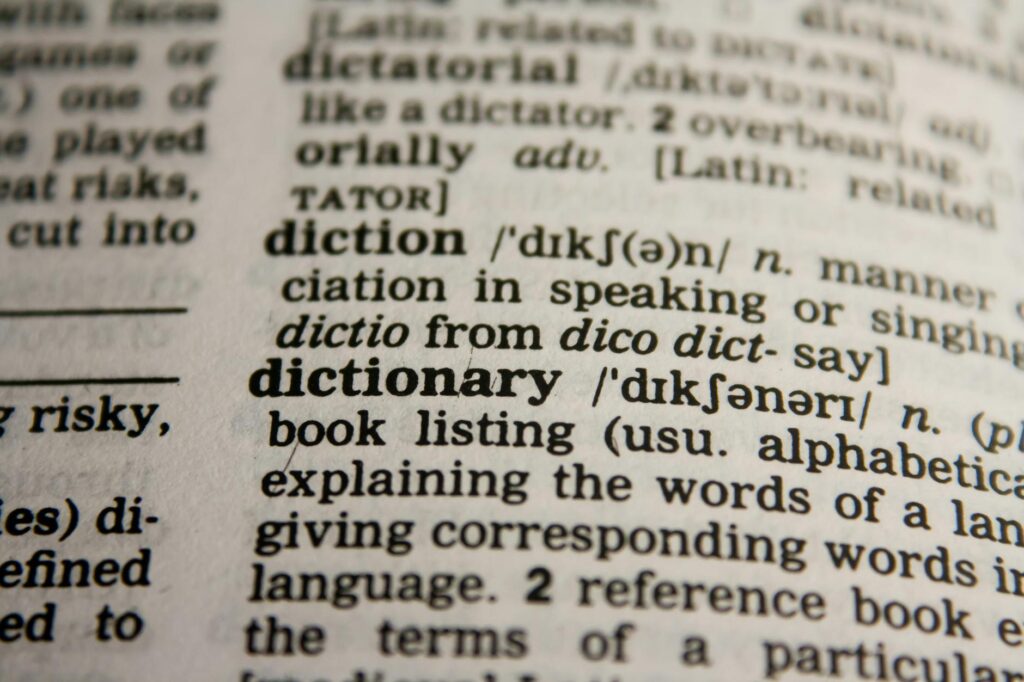In today’s interconnected world, the ability to communicate beyond your native tongue is more valuable than ever. From boosting your career prospects to enhancing your brain’s capabilities, the benefits of learning a new language go far beyond just being able to order coffee in Paris.
Whether you’re learning Spanish, Mandarin, French, or Swahili, each new language opens a door to experiences, connections, and opportunities you might have never imagined.
Boosts Brain Power and Cognitive Abilities
Learning a new language isn’t just a skill—it’s a complete brain workout. Studies show bilingual individuals have denser grey matter, particularly in areas related to language processing, memory, and attention.
Every time you learn a new word or rule, you’re strengthening your brain’s neural pathways, much like lifting weights strengthens muscles.
Enhances Memory and Recall
One unexpected but delightful side effect of language learning? A stronger memory. Memorizing vocabulary, conjugations, and grammar rules trains your brain to retain and retrieve information more efficiently, sharpening your recall abilities across all areas of life.
Improves Multitasking and Problem-Solving
Switching between languages strengthens your executive function—the part of your brain responsible for managing tasks and solving problems. Bilinguals often find it easier to juggle multiple tasks, stay organized, and come up with creative solutions faster.
It’s like giving your mind a superpower!
Strengthens Decision-Making Skills
When you think in a second language, studies have found you’re less prone to emotional biases and more logical in decision-making. The cognitive distance created by a foreign language allows for cooler, more calculated choices—an amazing advantage in both personal and professional life.
Delays Cognitive Decline
Learning a new language can help keep cognitive decline and diseases like Alzheimer’s at bay. Research shows that bilingual people experience the onset of dementia symptoms an average of 4.5 years later than monolinguals. It’s like adding extra years of mental clarity to your life!
Increases Cultural Awareness and Sensitivity
Learning a new language isn’t just about words—it’s about immersing yourself in another culture’s traditions, humor, and way of thinking. This expanded perspective fosters empathy, reduces stereotypes, and promotes global harmony.
Expands Career Opportunities
In today’s globalized economy, bilingual and multilingual professionals are in high demand. Knowing another language can give you a competitive edge, opening doors to international business, diplomacy, tourism, translation, and education sectors.
Simply put, a second language can be your ticket to career advancement.
Makes Travel Experiences More Authentic
Imagine visiting a country and understanding not just what’s being said but also the jokes, the stories, and the emotions behind the words. Learning the local language transforms travel from sightseeing into meaningful human connection.
You’re not just a tourist—you’re a participant.
Boosts Confidence and Personal Growth
Learning a language involves stepping outside your comfort zone—and succeeding in it! Every small victory, whether ordering a meal or holding a conversation, builds your confidence and makes you realize you can master challenges beyond language learning too.
Enriches Your Social Life
Language opens social doors you never knew existed. Whether it’s chatting with someone from a different country, joining language exchange meetups, or forming lifelong friendships, speaking multiple languages naturally enlarges your social circle.
Improves First Language Skills
Ironically, learning a second language often improves your grasp of your native one. You become more conscious of grammar rules, sentence structure, and word choice, leading to sharper communication skills overall.
Enhances Academic Performance
Studies have shown bilingual children outperform monolingual peers in standardized tests, particularly in areas like math, reading, and vocabulary. The analytical skills honed through language learning spill over into all areas of education.
Encourages a Global Perspective
When you speak another language, you see the world through a different lens. It fosters an open-minded attitude toward different customs, histories, and ideologies. A multilingual worldview breaks down barriers and builds bridges.
Provides Mental Flexibility
Language learning teaches adaptability—switching languages, adjusting tone, interpreting meaning. That mental flexibility helps you cope better with change, ambiguity, and complex challenges in everyday life.
Fosters Creativity and Innovation
New languages introduce you to new metaphors, concepts, and expressions, stretching your mind’s creative muscles. Bilinguals often outperform monolinguals in creative thinking tests and innovation challenges.
Common Challenges in Learning a New Language
- Fear of Mistakes: Everyone makes them! Mistakes are part of learning.
- Plateaus: Progress may slow, but consistency wins.
- Lack of Practice: Use it daily—real practice trumps passive study.
Stay motivated by remembering why you started!
Tips to Learn a New Language Faster
- Immerse yourself: Movies, music, podcasts.
- Practice daily: Even 10 minutes matters.
- Speak from Day 1: Forget perfection—communicate!
- Use apps: Duolingo, Babbel, Memrise are great tools.
- Find a buddy: Language exchange partners boost motivation.
Best Languages to Learn Today
Depending on your goals:
- For Business: Mandarin, Spanish, German
- For Travel: French, Spanish, Italian
- For Culture: Japanese, Arabic, Korean
Pick one that resonates with your dreams!


